Retinol Creams for Oil Regulation in Skin
Introduction
Welcome to our comprehensive guide on retinol creams for oil regulation in skin. In recent years, retinol has gained massive popularity in the skincare world, thanks to its multifaceted benefits. Particularly, its role in regulating oil production has made it a game-changer for individuals with oily and combination skin types. This blog aims to demystify retinol and its effects on oil regulation, ensuring you are well-informed to make the best choices for your skin health.
What is Retinol?

Retinol, a derivative of Vitamin A, is a powerhouse ingredient in the world of dermatology. Known for its potent anti-aging properties, retinol also plays a significant role in controlling oil production. It works by influencing the behavior of oil glands and promoting cell turnover, resulting in a balanced, healthier-looking complexion.
How Retinol Regulates Oil Production
Cell Turnover Acceleration
Retinol speeds up the process of cell turnover. This action helps in unclogging pores and reducing the overproduction of oil, which is often a response to clogged skin pores.
Sebum Production Control
Retinol influences the activity of sebaceous glands, responsible for sebum (oil) production. Regular use of retinol can lead to a decrease in oil production, thereby reducing greasiness and shine.
Anti-inflammatory Properties
Inflammation can stimulate excess oil production. Retinol, with its anti-inflammatory properties, helps in reducing inflammation, thus indirectly controlling oil secretion.
Choosing the Right Retinol Cream

When selecting a retinol cream, consider the following:
- Concentration: Start with a lower concentration (0.25% to 0.5%) and gradually increase as your skin adapts.
- Formulation: Look for non-comedogenic and oil-free formulations, especially if you have oily skin.
- Additional Ingredients: Ingredients like hyaluronic acid and niacinamide can complement retinol's effects.
Application Tips for Optimal Results
- Start Slowly: Begin with a small amount, applying it every other night, and gradually increase frequency.
- Use Sunscreen: Retinol can make your skin more sensitive to the sun. Always apply a broad-spectrum sunscreen during the day.
- Moisturize: Even oily skin needs hydration. Use a lightweight, oil-free moisturizer to maintain skin balance.
Potential Side Effects
Retinol is generally safe, but some may experience:
- Dryness
- Redness
- Irritation
These effects usually subside as your skin gets accustomed to the treatment.
FAQs
Can retinol be used for all skin types?
Yes, retinol can be beneficial for most skin types, but it’s important to choose the right concentration and formulation based on your skin’s needs.
How long does it take to see results from retinol?
Results can vary, but most people notice improvements in skin texture and oil control within 4 to 6 weeks of regular use.
Can retinol be used with other skincare products?
Retinol can be combined with other skincare ingredients, but avoid using it with products containing benzoyl peroxide, salicylic acid, or vitamin C at the same time to prevent irritation.
Conclusion
Retinol creams offer a promising solution for regulating oil production and achieving a balanced complexion. Remember, skincare is personal, and what works for one may not work for all. It’s always recommended to patch test new products and consult with a dermatologist for personalized advice.


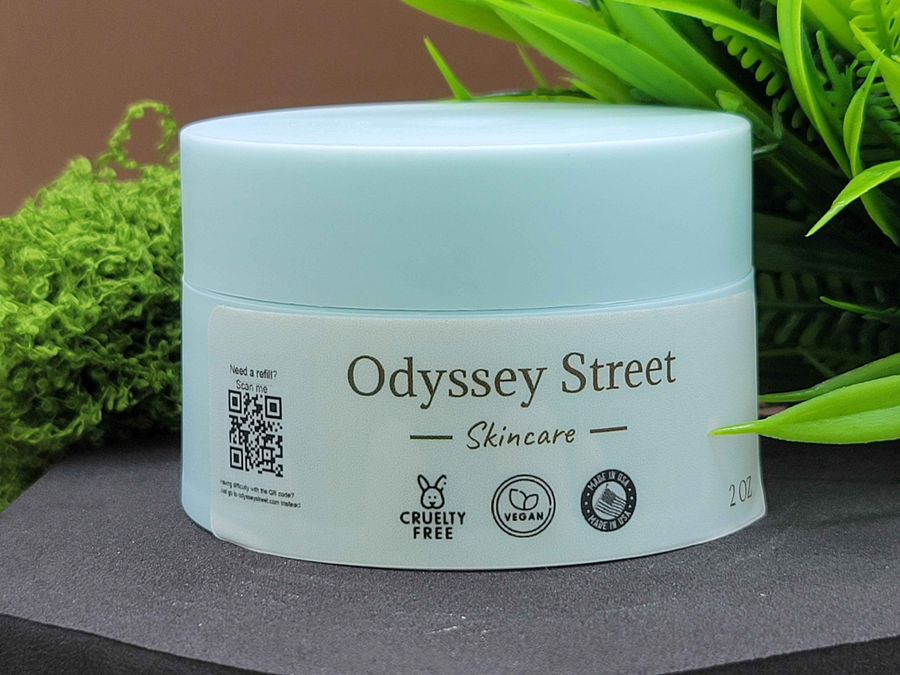
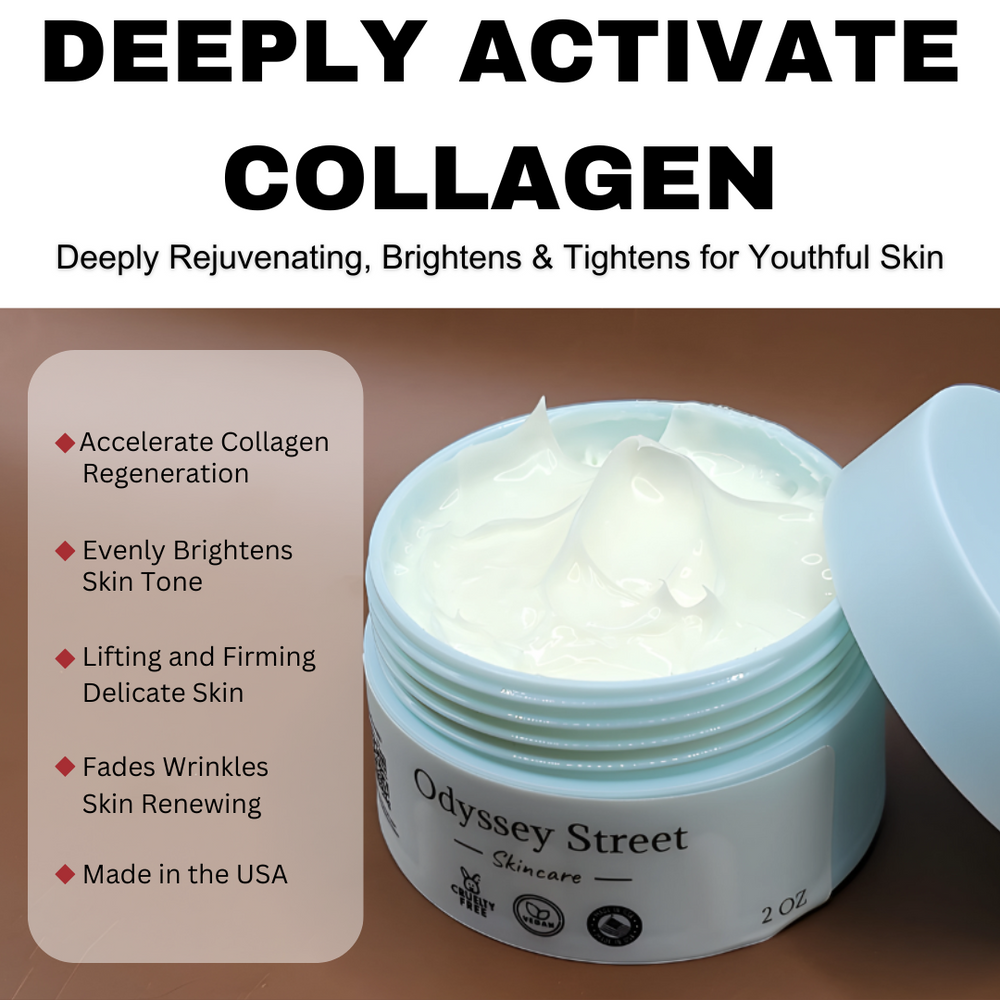




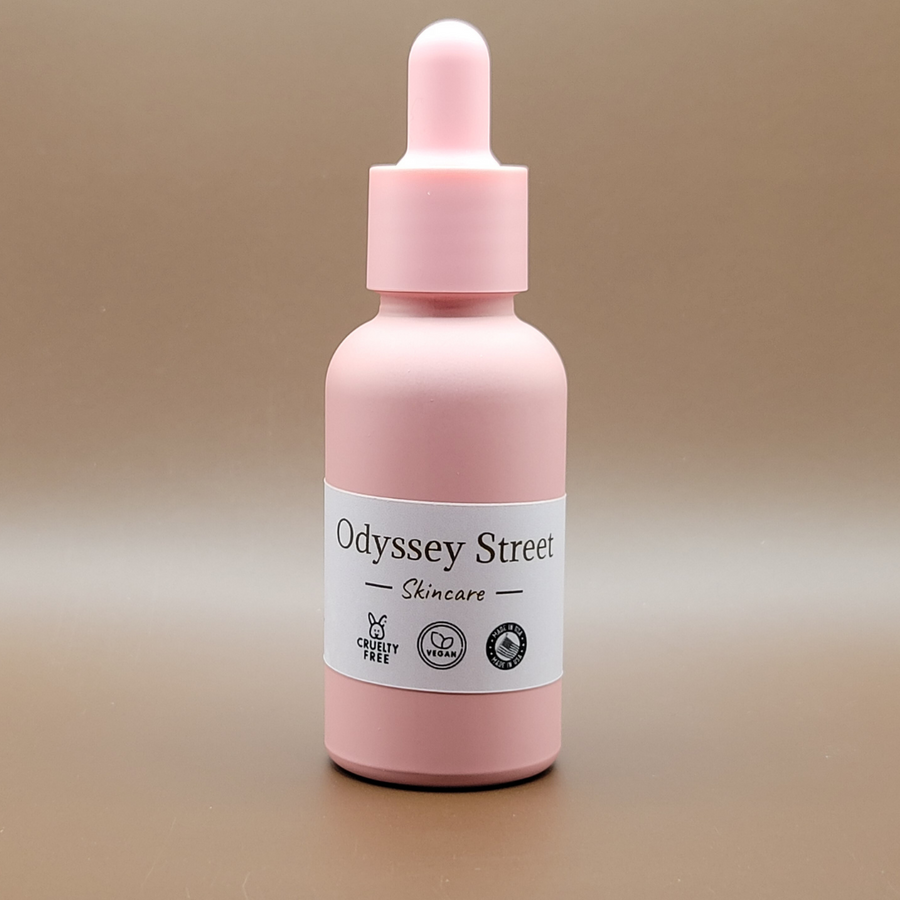
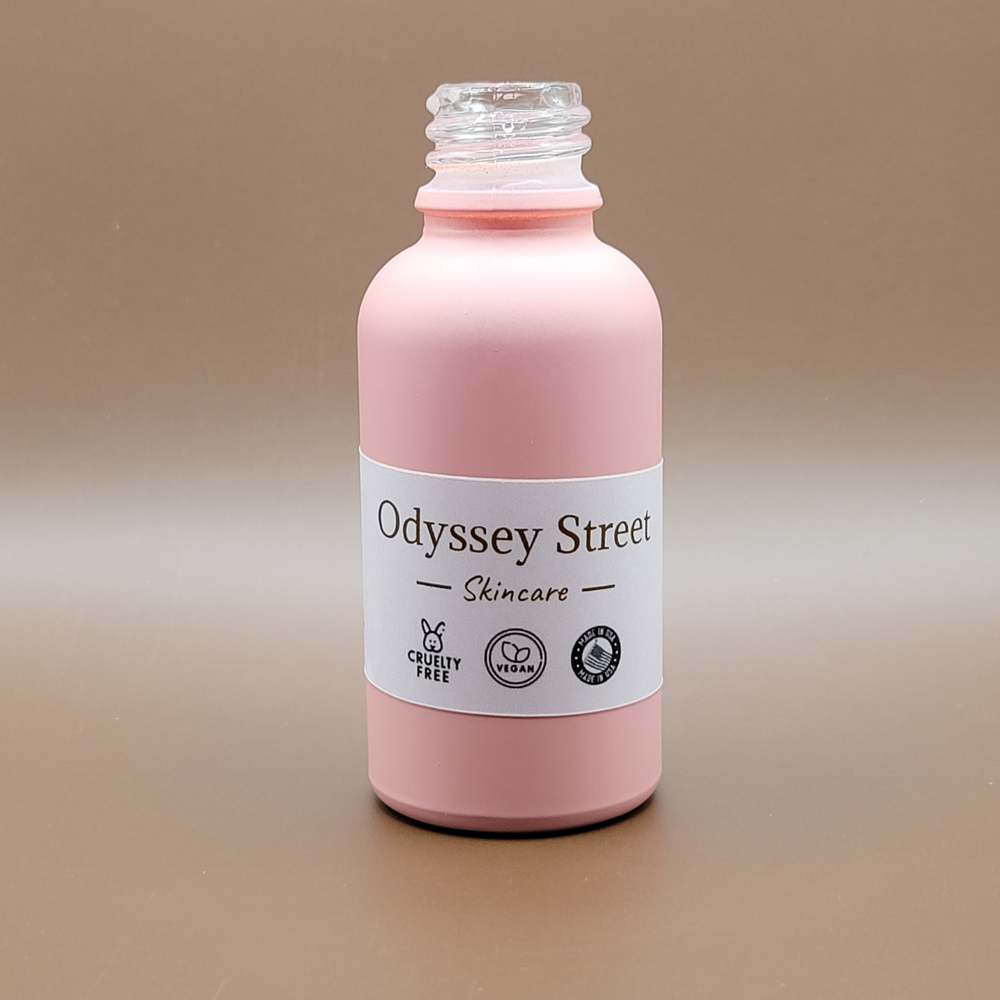
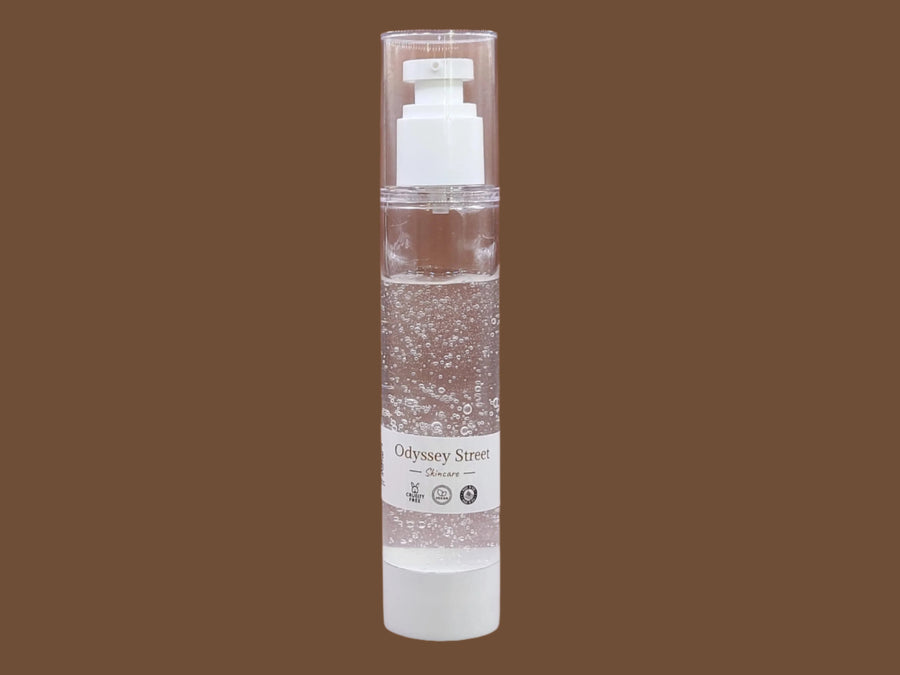
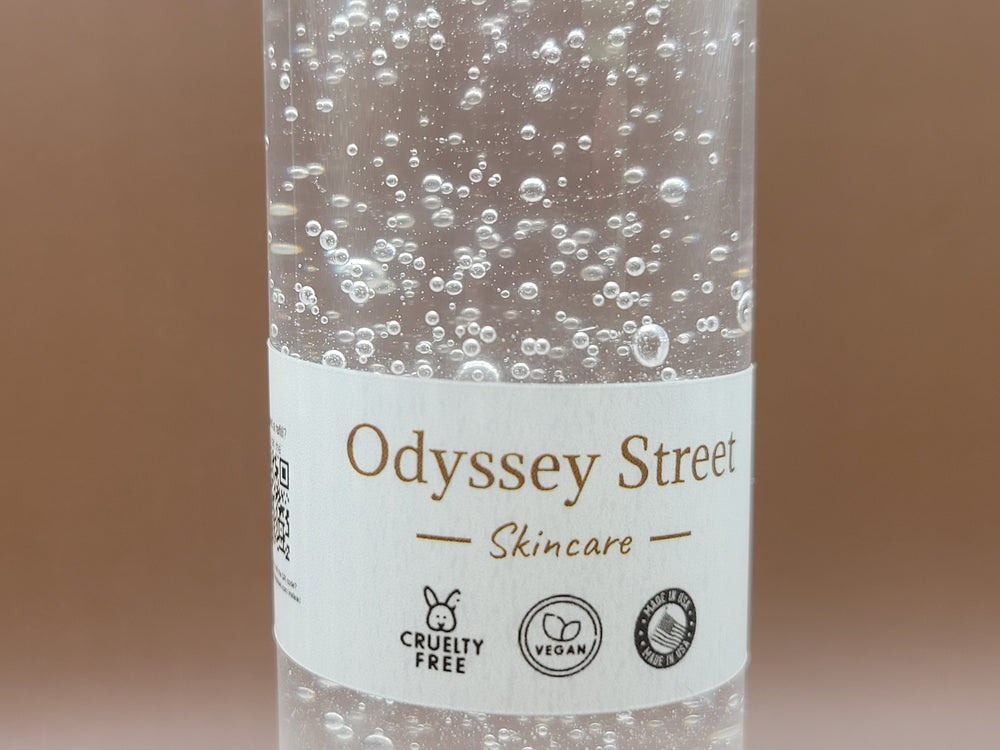
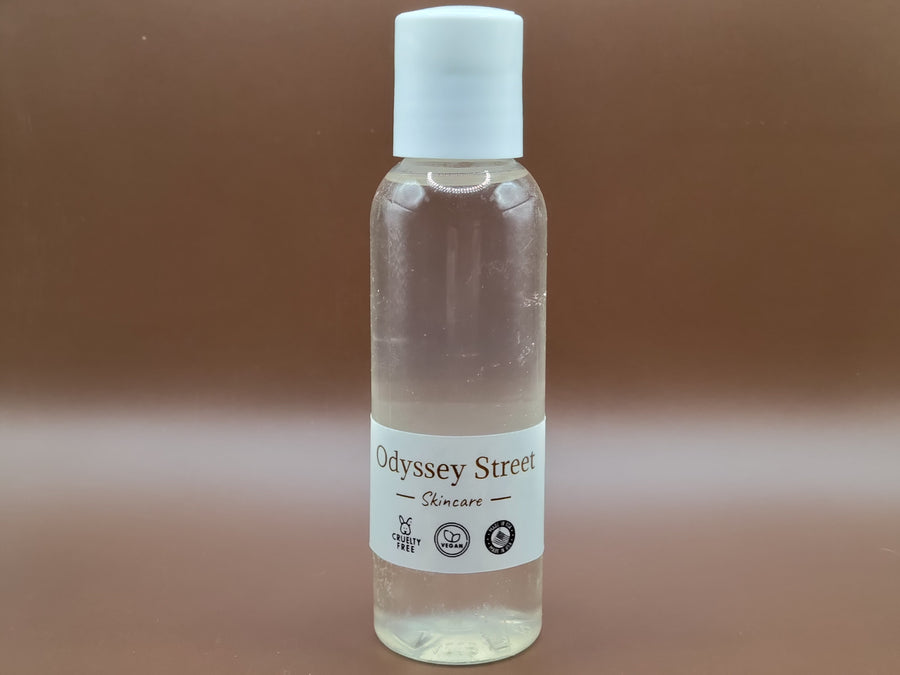
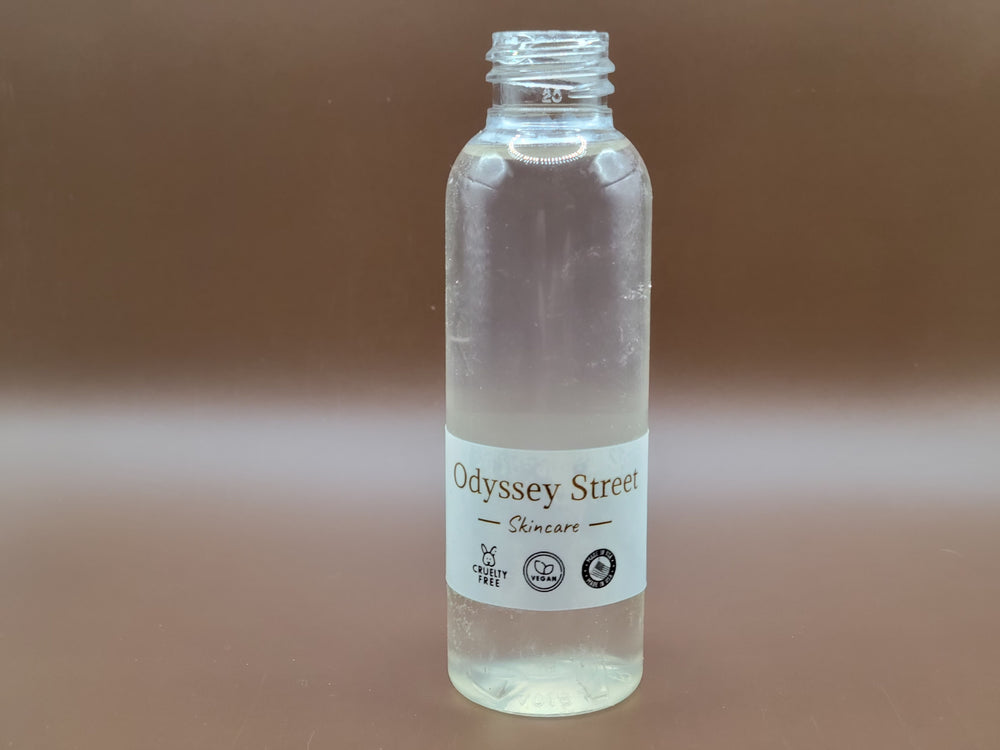
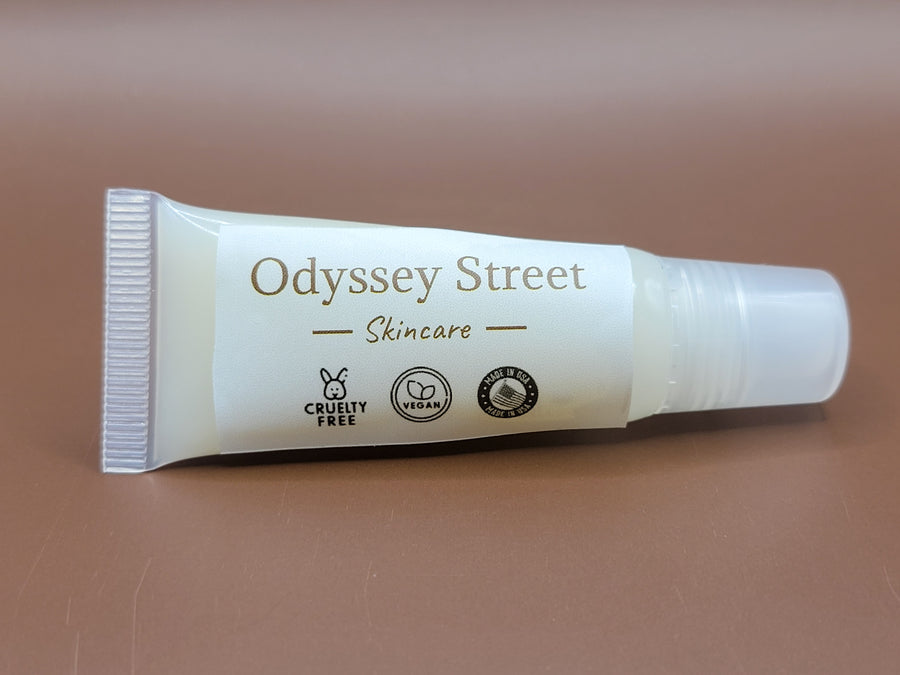
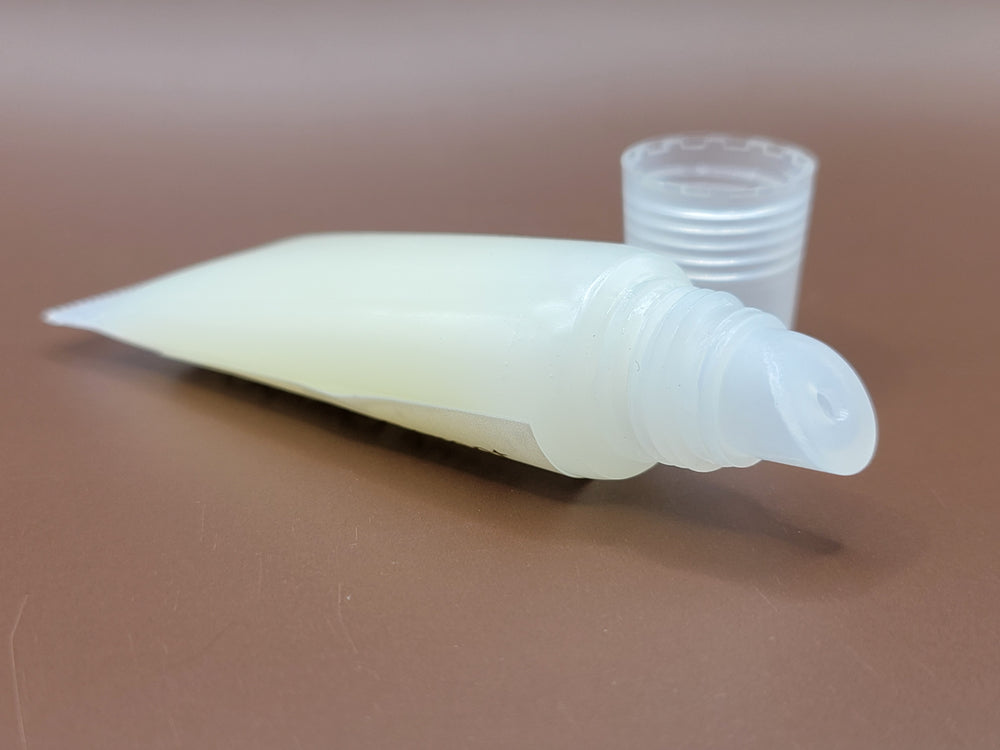
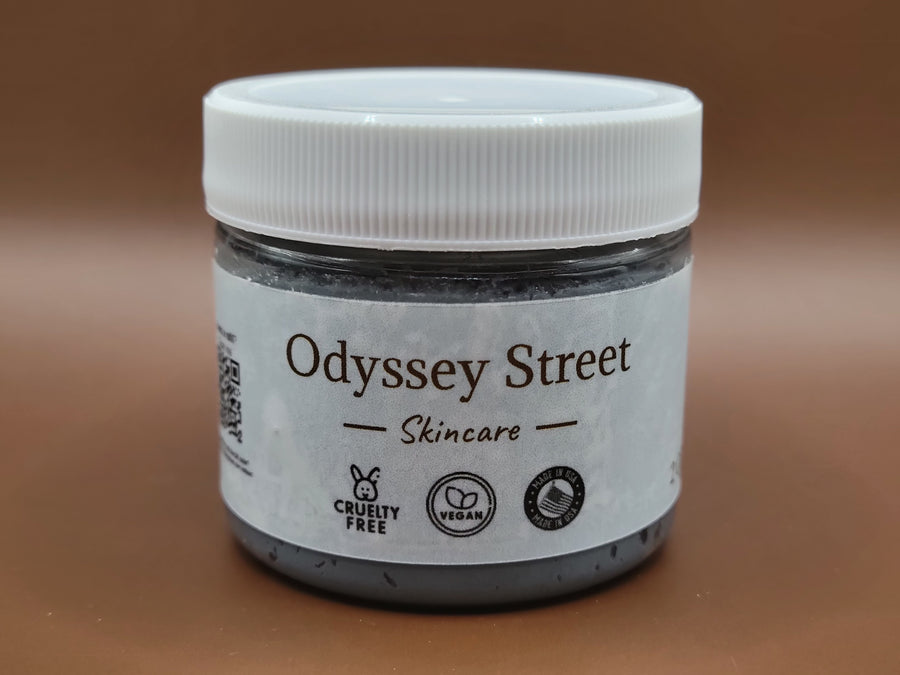
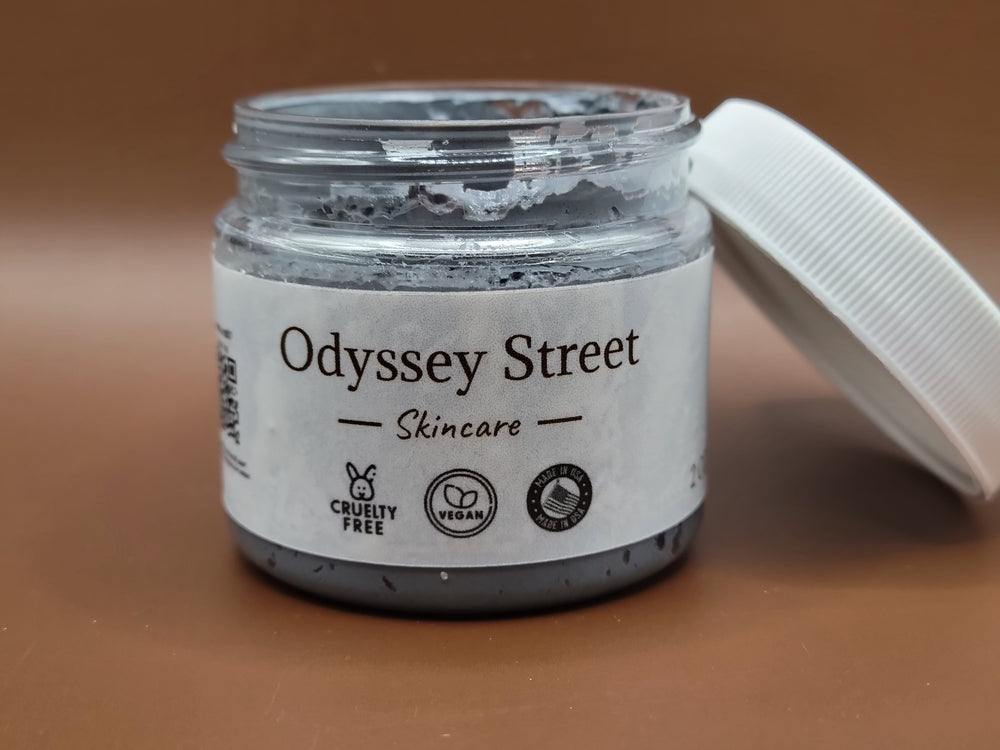
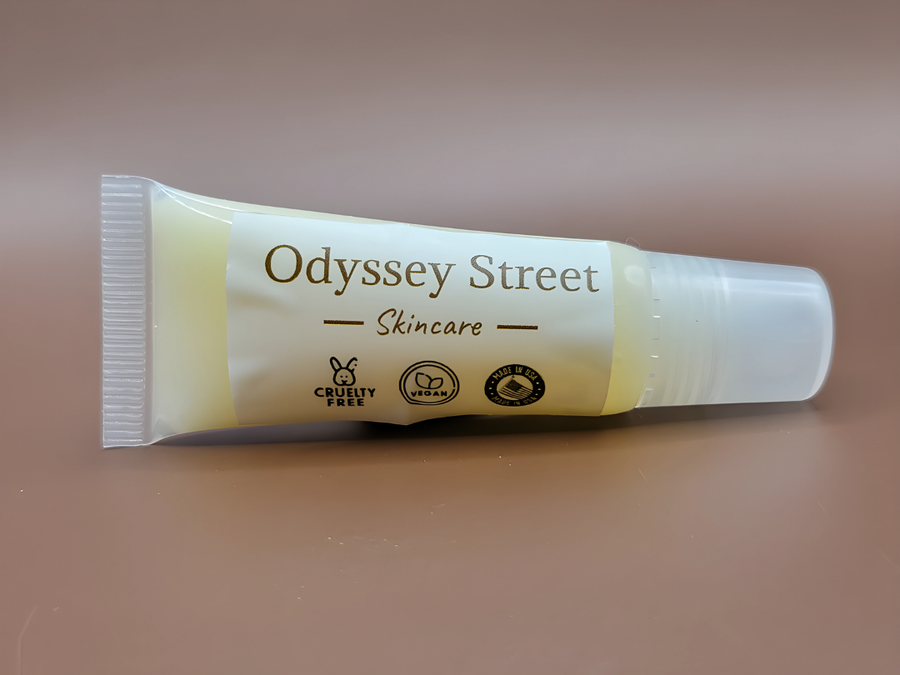
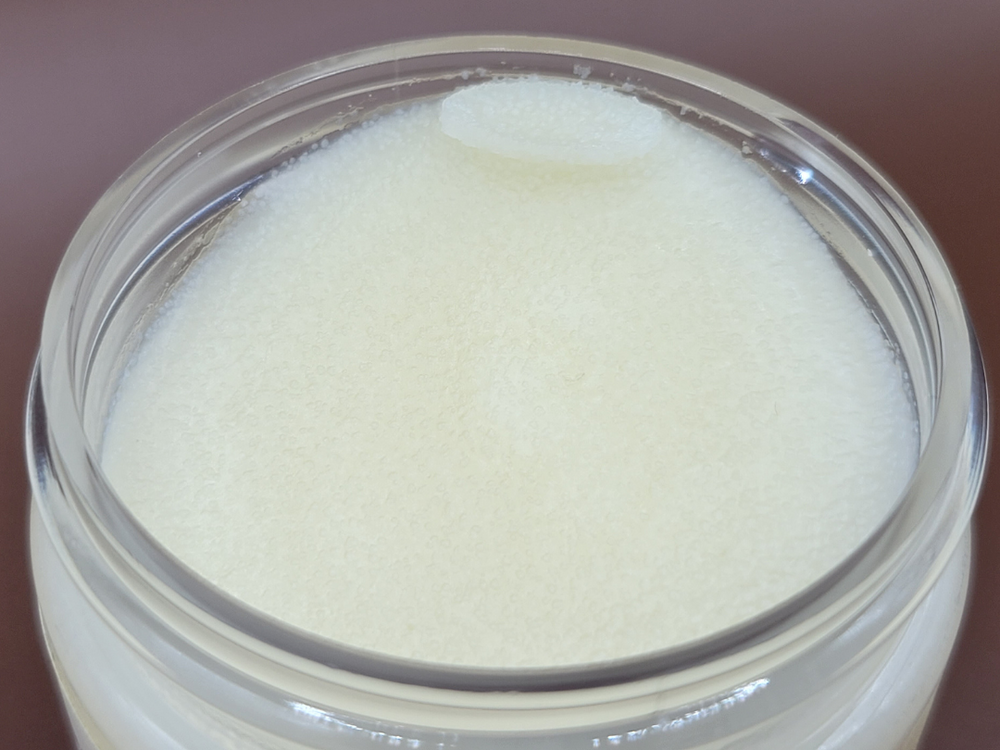
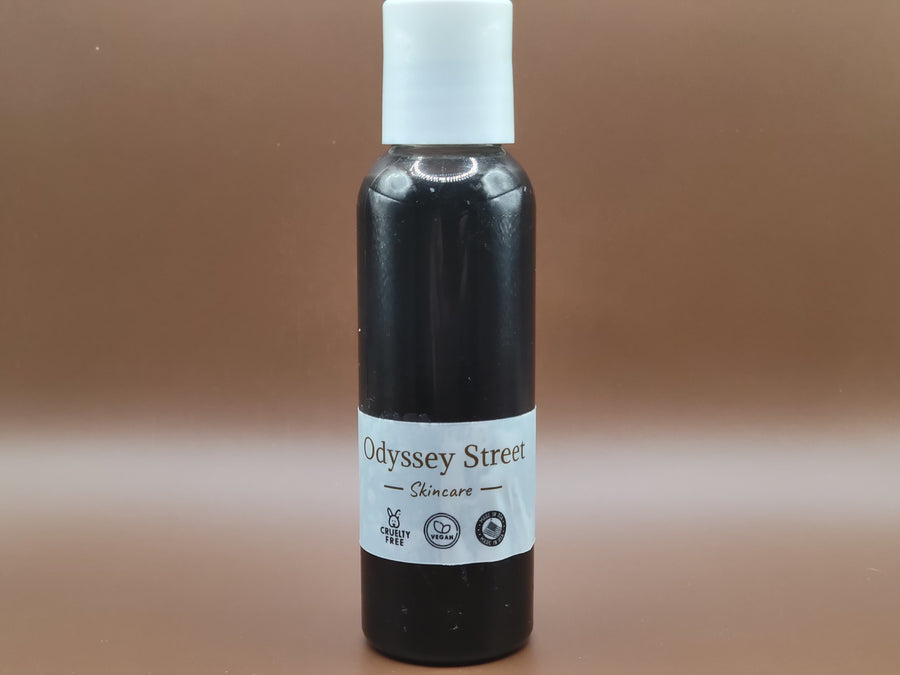

Leave a comment